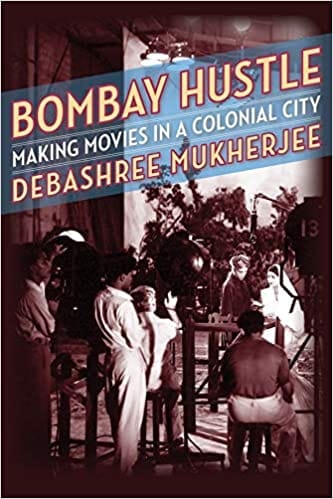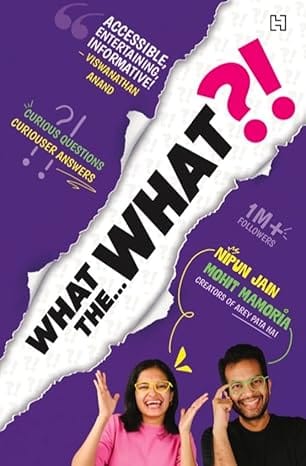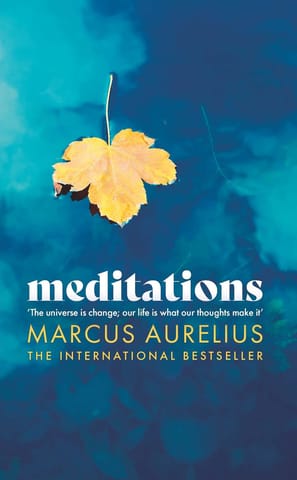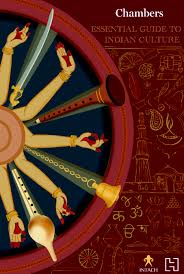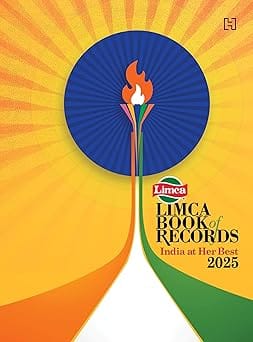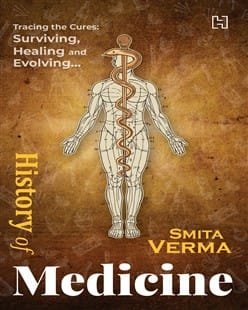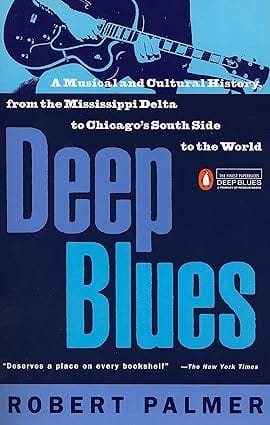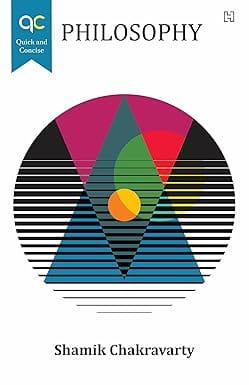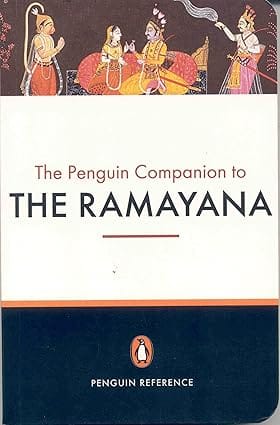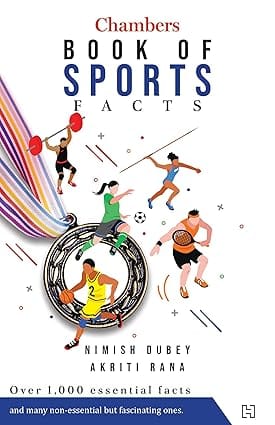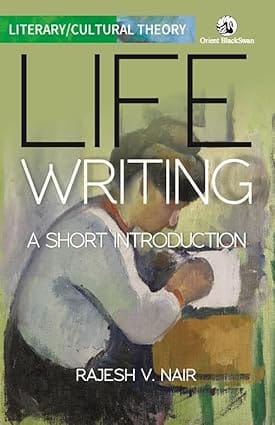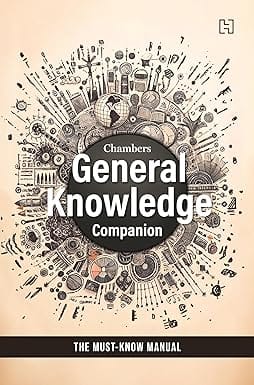-
Non-ficton
- Non-ficton
-
Contemporary Fiction
- Contemporary Fiction
-
Children
- Children
-
Comics & Graphic Novels
- Comics & Graphic Novels
-
Non-Fiction
- Non-Fiction
-
Fiction
- Fiction
From starry-eyed fans with dreams of fame to cotton entrepreneurs turned movie moguls, the Bombay film industry has historically energized a range of practices and practitioners, playing a crucial and compelling role in the life of modern India. Bombay hustle presents an ambitious history of Indian cinema as a history of material practice, bringing new insights to studies of media, modernity, and the late colonial city. Drawing on original archival research and an innovative transdisciplinary approach, debashree Mukherjee offers a panoramic portrait of the consolidation of the Bombay film industry during the talkie transition of the 1920s?1940s. In the decades leading up to independence in 1947, Bombay became synonymous with marketplace thrills, industrial strikes, and modernist experimentation. Its burgeoning film industry embodied Bombay's spirit of "hustle," gathering together and spewing out the many different energies and emotions that characterized the city. Bombay hustle examines diverse sites of film production?finance, preproduction paperwork, casting, screenwriting, acting, stunts?to show how speculative excitement jostled against desires for scientific management in an industry premised on the struggle between contingency and control. Mukherjee develops the concept of a "cine?ecology" In order to examine the bodies, technologies, and environments that collectively shaped the production and circulation of cinematic meaning in this time. The book thus brings into view a range of marginalized film workers, their lab or and experiences; forgotten film studios, their technical practices and aesthetic visions; and overlooked connection among media practices, geographical particularities, and historical exigencies.
9780231196185Bombay Hustle: Making Movies in a Colonial City (Film and Culture Series)
SIZE GUIDE
- ISBN: 9780231196185
- Author: Debashree Mukherjee
- Publisher: Columbia University Press
- Pages: 420
- Format: Paperback
Book Description
From starry-eyed fans with dreams of fame to cotton entrepreneurs turned movie moguls, the Bombay film industry has historically energized a range of practices and practitioners, playing a crucial and compelling role in the life of modern India. Bombay hustle presents an ambitious history of Indian cinema as a history of material practice, bringing new insights to studies of media, modernity, and the late colonial city. Drawing on original archival research and an innovative transdisciplinary approach, debashree Mukherjee offers a panoramic portrait of the consolidation of the Bombay film industry during the talkie transition of the 1920s?1940s. In the decades leading up to independence in 1947, Bombay became synonymous with marketplace thrills, industrial strikes, and modernist experimentation. Its burgeoning film industry embodied Bombay's spirit of "hustle," gathering together and spewing out the many different energies and emotions that characterized the city. Bombay hustle examines diverse sites of film production?finance, preproduction paperwork, casting, screenwriting, acting, stunts?to show how speculative excitement jostled against desires for scientific management in an industry premised on the struggle between contingency and control. Mukherjee develops the concept of a "cine?ecology" In order to examine the bodies, technologies, and environments that collectively shaped the production and circulation of cinematic meaning in this time. The book thus brings into view a range of marginalized film workers, their lab or and experiences; forgotten film studios, their technical practices and aesthetic visions; and overlooked connection among media practices, geographical particularities, and historical exigencies.
Related Books
User reviews
NEWSLETTER
Subscribe to get Email Updates!
Thanks for subscribing.
Your response has been recorded.

India's Iconic & Independent Book Store offering a vast selection of books across a variety of genres Since 1978.
"We Believe In The Power of Books" Our mission is to make books accessible to everyone, and to cultivate a culture of reading and learning. We strive to provide a wide range of books, from classic literature, sci-fi and fantasy, to graphic novels, biographies and self-help books, so that everyone can find something to read.
Whether you’re looking for your next great read, a gift for someone special, or just browsing, Midland is here to make your book-buying experience easy and enjoyable.
We are shipping pan India and across the world.
For Bulk Order / Corporate Gifting
 +91 9818282497 |
+91 9818282497 |  [email protected]
[email protected]
Click To Know More
INFORMATION
POLICIES
ACCOUNT
QUICK LINKS
ADDRESS
Shop No.20, Aurobindo Palace Market, Near Church, New Delhi

